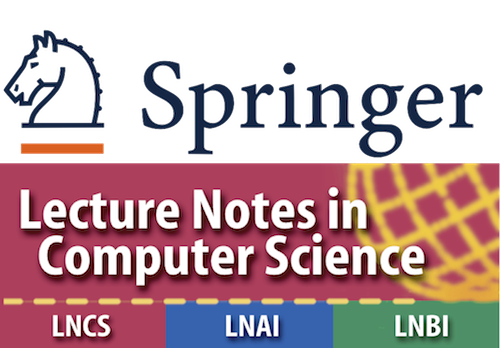Asynchronous Many-Task Systems for Exascale 2026

AMTE 2026
August 30 - September 2, 2026
Held in conjunction with PPAM 2026
Poznań, Poland

Hosted on GitHub Pages — Theme by orderedlist
LA-UR-25-23069